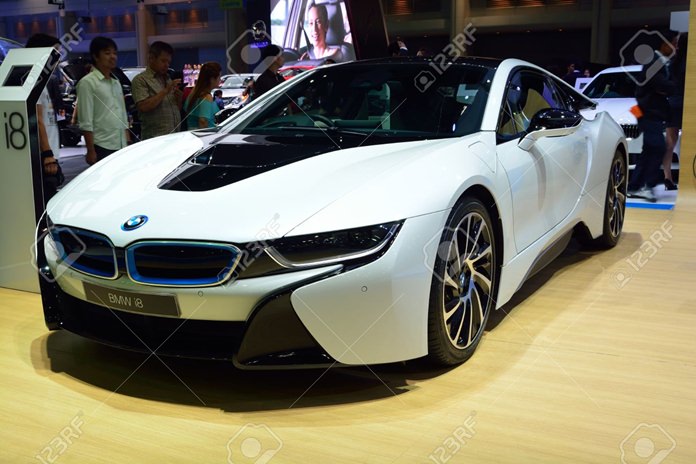
MINI has committed to an electric future, not only confirming the debut of a series-production all-electric version of its three-door hatchback core model in 2019 but announcing that more such electrified variants will follow.
With internal combustion engines to be banned in the future by the UK government, a new battery powered hatch will be built in Britain, at Mini’s Oxford factory, but employ a powertrain produced in Germany at the same e-mobility plants that turn out similar items for parent company BMW’s electrified vehicles, including the BMW i3.
MINI has already launched a plug-in hybrid version of the Mini Countryman – the Cooper SE Countryman ALL4 – in the United Kingdom and Europe.
Although the new vehicle will be Mini’s first series production EV, it is the not the first all-electric car from them. In 2008, Mini rolled out 500 two-seat Mini E hatches on one-year leases in the United States as a toe-in-the-water exercise.
That version had a 150 kW/220 Nm electric motor driving the front wheels, drawing power from a 35 kWh lithium-ion battery – one of the first of its kind in the motor industry.
Driving range was said to be more than 240km. These figures are similar to those of the current BMW i3 since its update in October 2016. BMW says lessons from the Mini E played a crucial role in the subsequent development of the BMW i3 and BMW i8, which retails for a smidgeon under 12 million THB.
The company said it expects electrified vehicles to account for between 15 and 25 per cent of its of sales by 2025. “However, factors such as regulation, incentives and charging infrastructure will play a major role in determining the scale of electrification from market to market,” BMW said.
“In the future, the BMW Group production system will create structures that enable our production facilities to build models with a combustion engine, plug-in hybrid or fully electric drive train at the same time.”
The next electrified vehicle from BMW will be the i8 Roadster in 2018, followed by an all-electric BMW X3 in 2020 and the BMW iNEXT in 2021.
Whether we like it or not, electrification is inevitable, so you can expect re-charging stations to start popping up in the not so distant future. The UK is issuing advance notice of a 2040 date as the closing date for manufacture of vehicles powered by petrol/diesel engines. What happens to the resale value of “ordinary” cars after that date?
At the beginning of motoring, drivers had to buy petrol from the local pharmacies (similar to the Mom and Pop shops selling petrol here). The wheel will have gone full circle. Driving will be a dying art, I’m afraid.




